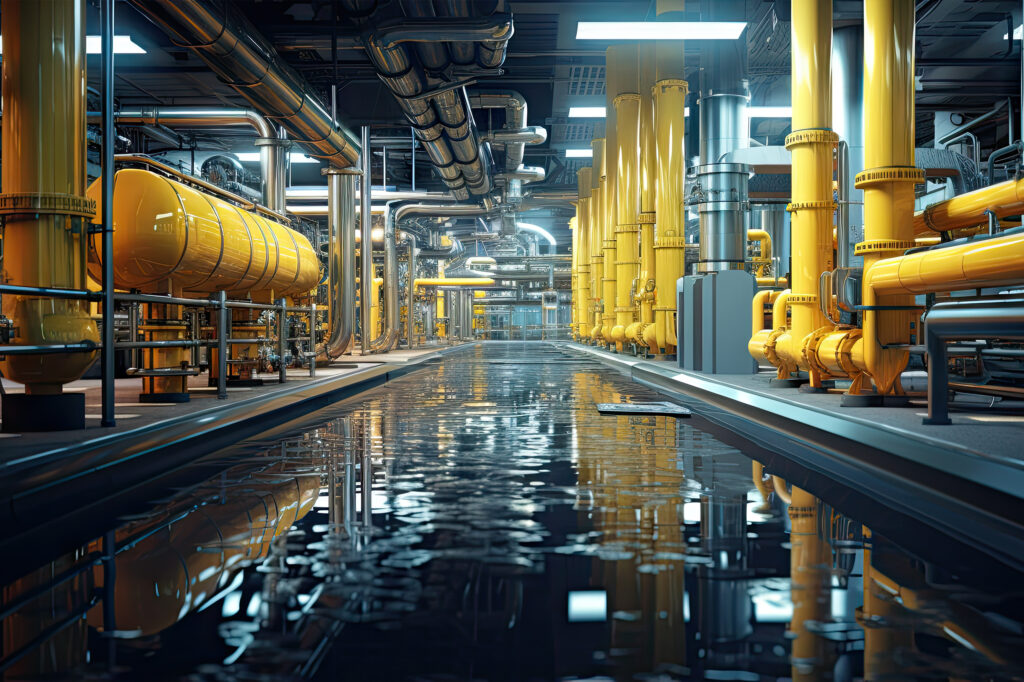©2025 AM Green, All Rights Reserved.
Green Chlorine is a sustainable alternative to the conventional method of production that is reliant on a carbon heavy grid. It is produced using renewable energy sources and does not generate harmful by-products, making it a promising solution for reducing carbon emissions and promoting a cleaner environment.

Chlorine is primarily used in water treatment systems to disinfect and purify drinking water, ensuring safe and clean water supply for communities. Additionally, chlorine finds application in the production of a variety of different chemicals used across different industries.